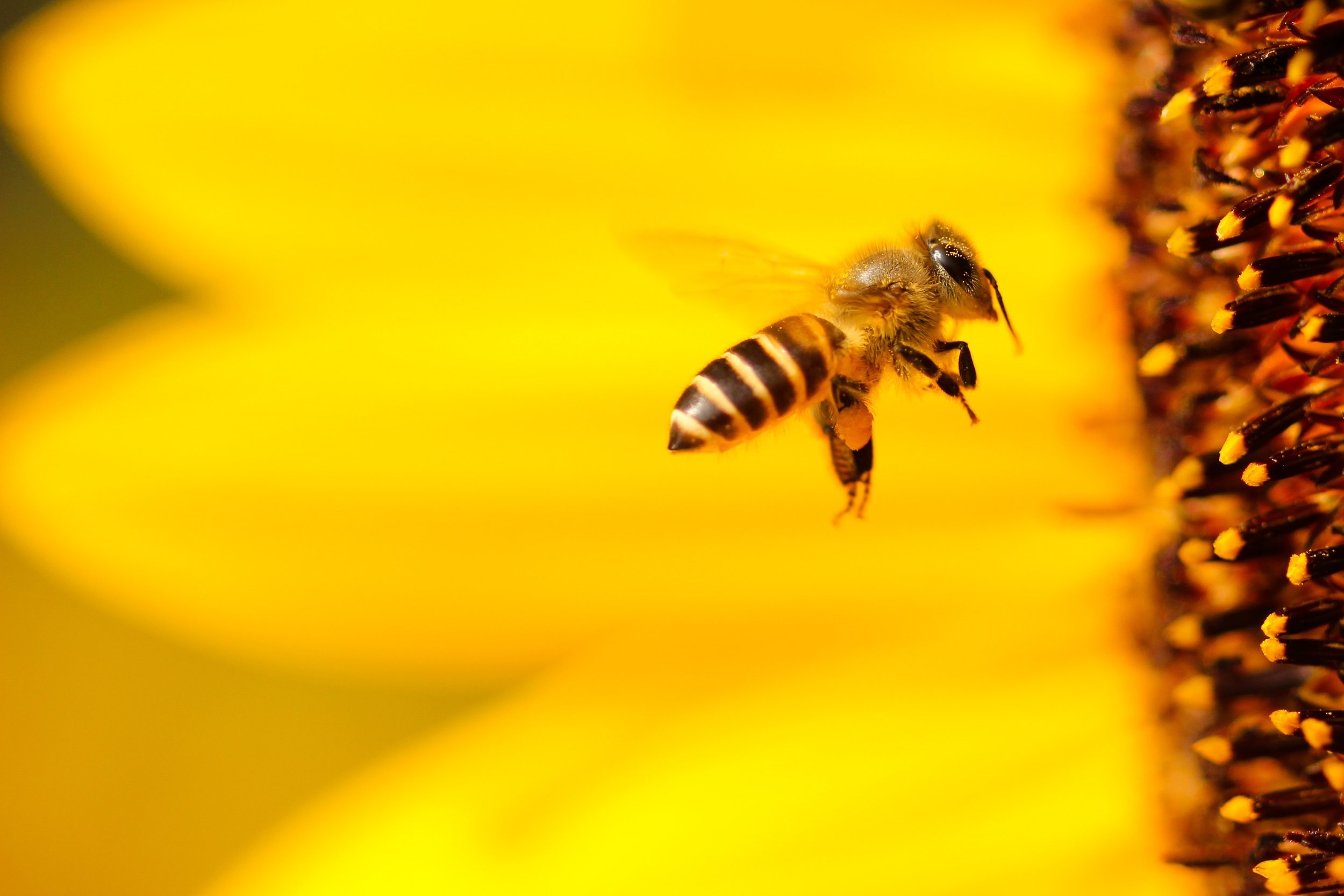
Raw Honey
You will love our raw ADK wild flower honey -straight from the hives.
We are expecting to be able to fulfill all our usual orders this year but because this is a direct product of nature we are ultimately dependent on her.
Please check in with us often for updates and to place your order for honey.
No pesticides or herbicides are used in, near or around our Bee Hives.
Raw honey from ginkgo farms has not been heated, filtered, blended or processed. All of the pollen, enzymes, propolis, vitamins, amino acids, antioxidants, minerals and aromatics are in the same condition as they were in the hive.
The rawest honey available is comb honey cut from the hive, packaged and offered for sale. Comb honey contains all of the enzymes and some pollen from its production. Comb honey is more expensive than either raw or liquid bottled honey which is extracted from the beeswax comb.
Despite the benefits of pure comb honey most people prefer bottled honey. There are two distinct types of bottled honey. Raw honey is as close to comb honey as you can get. When the comb is removed from the hive the wax cappings covering the honey are scrapped off and the frames are loaded into an extractor. The extractor spins the frames and the honey is removed via centrifugal forces. The honey is then strained to remove large pieces of wax, propolis and bee fragments. Our honey is never heated.
Raw honey is known for crystallizing. The granulation occurs after bottling with the rate dependent on the nectar composition of the honey. If granulation is a problem honey can be returned to its liquid state by placing the jar in warm water. Crystallized honey is thick and opaque and does not run off off a spoon.





